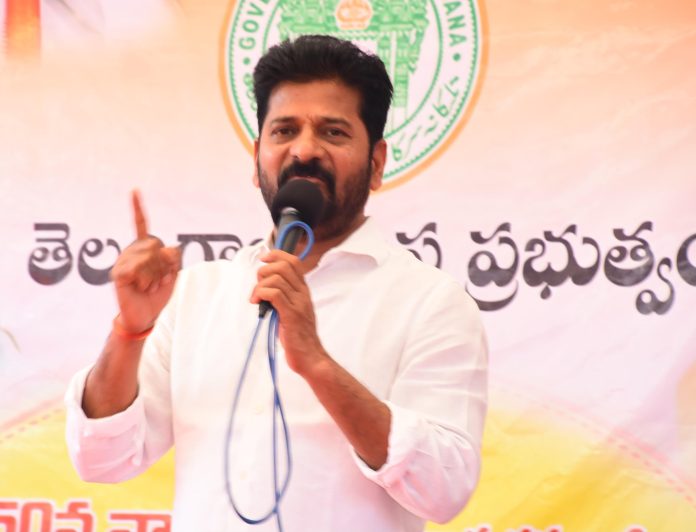Hyderabad: Telangana Chief Minister A. Revanth Reddy believes that the caste census conducted in the state recently permanently settled the issue of Muslim reservation.
The report of the caste census, tabled in the state Assembly on February 4, revealed that Muslims constitute 12.56% of the state’s population. Of them, 10.08% Muslims are backward.
According to the report of Socio-Economic, Education, Employment, Political and Caste Survey, BCs account for 56.33% of the state’s population, of whom 10.08% are BC Muslims.
Muslims in Telangana enjoy four percent reservation in education and jobs.
Senior Congress leader and government advisor (SC, ST, OBC and Minorities) Mohammed Ali Shabbir also stated that caste survey provided strong evidence to protect 4% Muslim reservation.
He claimed that the survey finding reinforced the legal standing of the 4% reservation for Muslims.
He said this had also silenced the critics of Muslim quota. The former minister termed the survey a historic step towards social justice and equitable resources distribution. He said the data would help design welfare schemes based on real socio-economic conditions, ensuring transparency and inclusivity.
Shabbir also urged Chief Minister Revanth Reddy to order a CB-CID inquiry into alleged irregularities in the Intensive Household Survey (IHS) conducted in 2014 by the then TRS (now BRS) government.
In a letter addressed to the Chief Minister, he highlighted that a document titled ‘Samagra Kutumba Survey (SKS)’ or ‘IHS-2014’ is circulating with misleading information regarding the population of various castes, including SCs, STs, and BCs. He expressed concern that the figures from this survey were never officially released but were selectively leaked to the media, distorting caste demographics.
The survey, conducted on August 19, 2014, reportedly involved nearly four lakh government employees, including police personnel, for data collection. However, Shabbir pointed out several irregularities were committed, including the voluntary nature of data collection to avoid legal scrutiny and the absence of legal notification under the ‘Collection of Statistics Act, 2008’. He stated that personal details, including Aadhaar numbers, ration card details, bank information, LPG connections, and vehicle registrations, were collected across eight broad areas covering 94 items.
Despite an expenditure of Rs 100 crore on the survey, the results were never tabled before the Assembly. Shabbir raised suspicions of financial misappropriation and alleged that sensitive citizen data might have been sold to private entities, leading to a breach of privacy.
He also noted that the same document, with fabricated caste figures, is now being circulated on social media to create unrest following the release of the Telangana government’s socio-economic caste survey.




